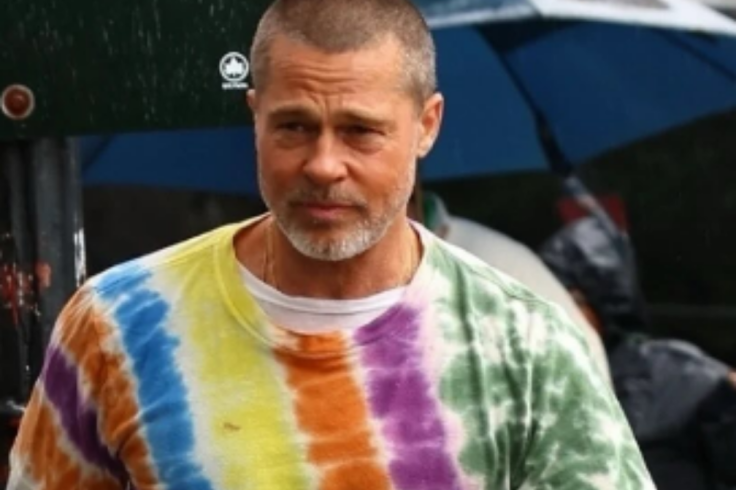Taylor Swift Tops McAfee's 'Most Dangerous Celebrity' List as AI Scams Use Her Likeness to Target Fans
Swift's likeness exploited in AI scams that tricks fans to give them money

Taylor Swift has been named the world's 'most dangerous celebrity' by cybersecurity company McAfee after researchers found that her image is now the most exploited by scammers, creating AI-generated deepfakes.
The rise of realistic synthetic videos and voice clips has made it easier for criminals to impersonate well-known figures, particularly those with large global fandoms. According to McAfee, this surge in digital deception is leaving fans vulnerable to scams that trick them into handing over personal data, banking information, or direct payments.
The company warns that fake endorsements and impersonation scams are escalating faster than public awareness.
Taylor Swift: Deepfake AI's 'Hot' Target to Scam People
McAfee detailed that Swift reached the top of its 'Most Dangerous Celebrity: Deepfake Deception List' because scammers frequently use her likeness to lure victims, like Swifties, into clicking harmful links or believing fabricated conversations.
Researchers explained that when a celebrity has a massive online presence and strong fan loyalty, criminals see an opportunity to exploit that emotional connection.
Unfortunately for victims, Swift's image is not only widely recognisable, but also heavily associated with 'trust'. Scammers use trust to make fraudulent videos or messages appear more convincing, especially to younger audiences who interact with celebrities online more often.

Scarlett Johansson ranked second on the list, followed by Jenna Ortega, Sydney Sweeney, Sabrina Carpenter, Tom Cruise, Brad Pitt, Billie Eilish, Emma Watson, and Kendrick Lamar.
Interestingly, McAfee noted that each of these celebrities has faced unauthorised deepfake impersonations, though none at the scale Swift experiences.
More People Are Falling for Fake Celebrity Content
In a survey of 8,600 people, McAfee found that 72% of respondents had encountered a fake celebrity endorsement online. The company said this reflects how common AI-generated content has become in everyday digital spaces, from social media to messaging apps.
Meanwhile, 39% of people admitted to clicking at least one fake post, showing how convincing these scams can be. But, around one in ten respondents reported losing money at an average of £410 ($525).
McAfee pointed to a widely reported case in France in which a woman lost around £630,000 ($800,000) to someone pretending to be Brad Pitt. The scammer convinced her she was in a relationship with the actor and fabricated medical emergencies to extract money.

Cybersecurity analysts said this incident shows the dangers of 'parasocial relationships', where fans feel emotionally close to celebrities who do not know them personally. Scammers rely on the illusion of intimacy and even deliberately mimic the language and tone these celebrities use publicly to make their lies feel believable.
Warning to Swifties: Taylor Swift Won't Ask For Your Money
McAfee urged the public, especially Swifties who might fall victim to AI deepfakes of Swift, to take extra caution when engaging with celebrity-related content.
Users are advised to slow down before clicking on anything and verify that videos or messages come from the celebrity's official accounts. Most importantly, look for signs of AI manipulations, such as unnatural face movements, odd phrasing, and inconsistent audio.
The company also warned against giving out personal details, even if the message appears authentic.
Cybersecurity officials noted that as AI tools improve, deepfake scams are likely to grow more sophisticated.
© Copyright IBTimes 2025. All rights reserved.



















